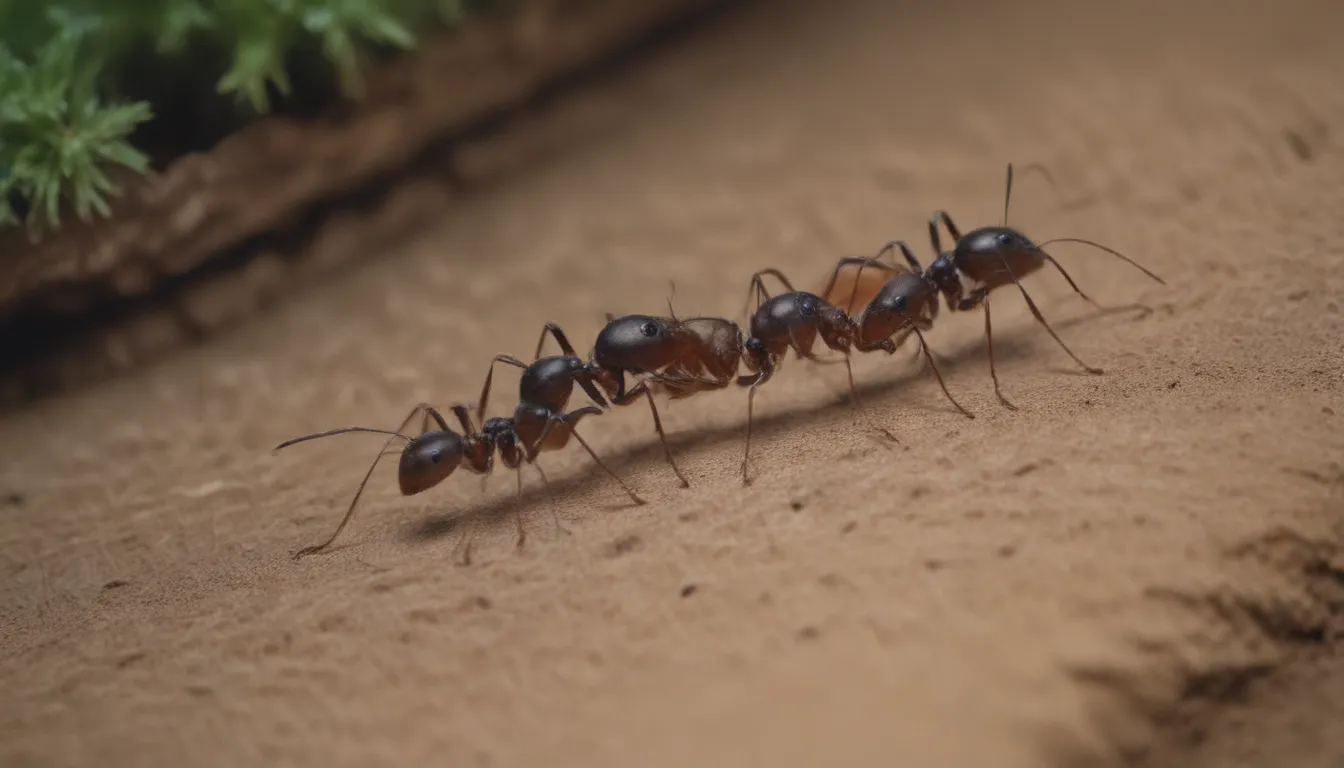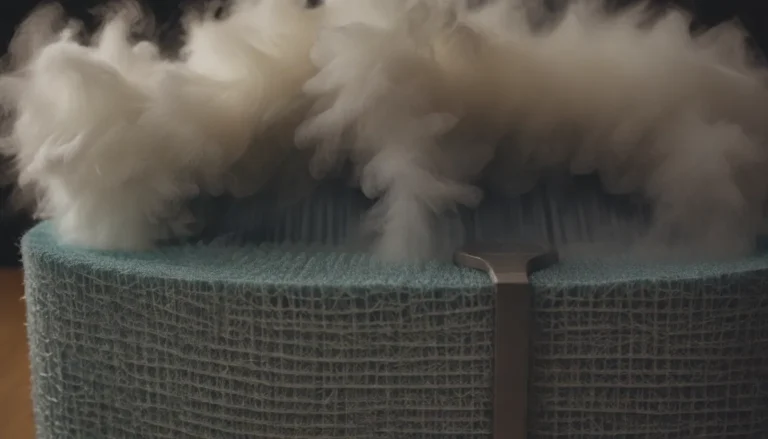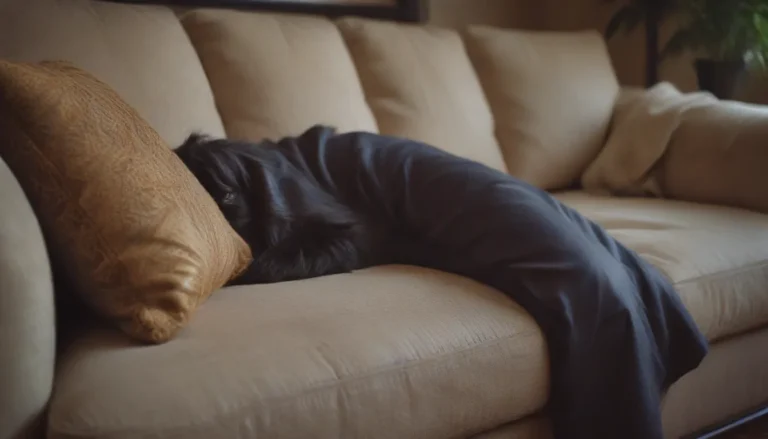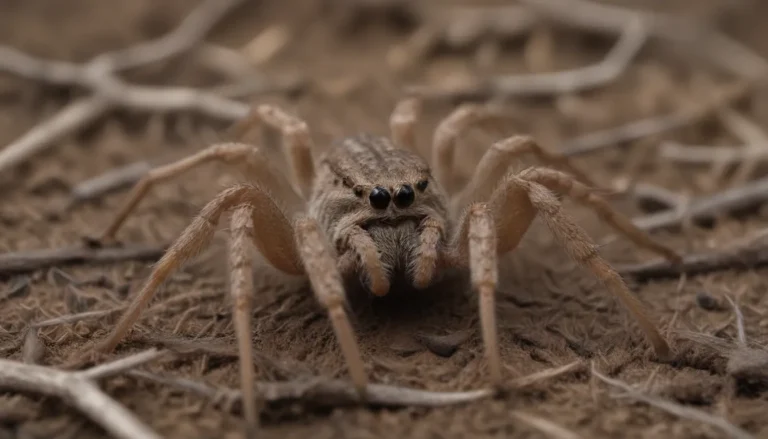Everything You Need to Know About Getting Rid of Ants Outside

Ants are fascinating creatures that play an essential role in our ecosystem, but when they start invading our outdoor spaces in large numbers, they can quickly become a nuisance. Whether you’re dealing with painful ant stings, food infestations, wood damage, or unsightly ant mounds, it’s crucial to know how to get rid of them effectively while also preventing future invasions.
In this comprehensive guide, we’ll explore four ways to get rid of ants outside that really work. From tackling ant nests with insecticides to using ant sprays, baits, and diatomaceous earth, we’ll cover everything you need to know to keep your outdoor space ant-free.
Tackling Ant Nests with Outdoor Insecticide
Attacking the ant queen is the most effective way to eliminate an ant colony, but it’s essential to identify the nest first. Follow the worker ants’ trails to locate their headquarters, where they bring food for the rest of the colony. Once you find the nest, drench it with a properly labeled insecticide to kill off the ants. Granules, gels, and foam ant killers are ideal for destroying nests, with gel and foam versions being suitable for hard-to-reach crevices and granules for ant hills in your lawn or pavers.
If you prefer a natural approach, pouring boiling water into the nest can also be effective, although it may kill vegetation in the surrounding area. Remember always to wear safety gloves when using insecticides and follow the manufacturer’s instructions for best results.
Using Ant Spray for Outdoor Use
Ant sprays are a fast-acting solution for killing ants on the spot, making them convenient for outdoor dining and lounging areas. Look for sprays with natural, plant-based ingredients to avoid harsh chemical smells. Be cautious when choosing ant sprays, as some may contain synthetic insecticides that can harm beneficial insects like bees and ladybugs. Opt for products with pyrethrins instead of more toxic chemicals like permethrin or cypermethrin.
Tricking the Ants with Baits
Ant baits are an effective way to poison the ant colony slowly. Place bait stations along ant trails or near their nest to lure the ants into carrying the poisoned bait back to the queen and other members of the colony. Sugar-loving ants prefer liquid baits, while grease and protein-eating ants respond better to solid baits. Identify the ant species first to determine the most suitable bait for your situation. While this method may take a few weeks to eradicate all ants, it offers a long-term solution to your ant problem.
Dusting Their Trails with Diatomaceous Earth
Diatomaceous earth (DE) is a non-toxic powder made from fossilized algae that can effectively kill ants without posing a risk to humans or pets. DE works by dehydrating ants upon contact, making it a safe and natural way to eliminate ant populations. Be cautious when handling DE, as it may cause irritation if inhaled in large amounts or if it comes into contact with the skin or eyes. Use food-grade DE and apply it sparingly along ant trails, on plants they climb, and around ant mounds for best results.
Preventing Ant Infestations in Your Outdoor Space
Preventing ants from infesting your outdoor space is essential to maintaining a pest-free environment. Consider using ant sprays with toxic pesticides and repelling scents to immobilize ants and create a barrier against infestations. Set ant baits before sundown to catch ants as they forage for food, and tackle ant nests during the daytime when most ants are inside.
If you’re unsure about the ant species, the location of the nest, or if you have a severe ant problem, consider seeking help from a pest control service. Pest control professionals can identify the ant species and provide tailored treatments to address your ant infestation effectively.
By following these four effective methods and taking preventive measures, you can keep your outdoor space ant-free and enjoy your time outside without the hassle of unwanted guests. Remember to always use caution when using insecticides or other pest control methods and prioritize the safety of children, pets, and beneficial insects in your surroundings. With a little effort and know-how, you can effectively manage ant infestations and create a welcoming outdoor environment for you and your family to enjoy.





